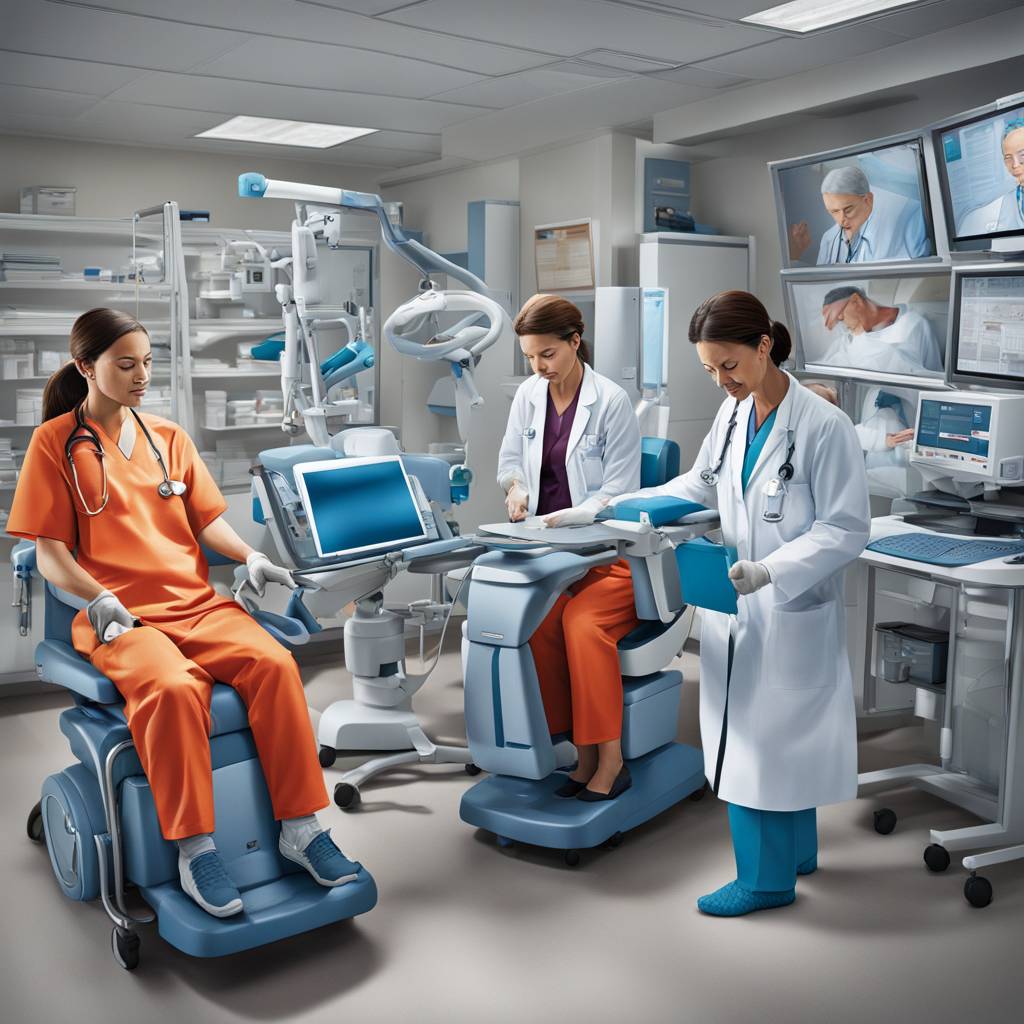The practice of medicine has historically not easily crossed cultural and national borders, but over the past 100 years, it has become one of the most mobile and globalized functions in the modern workforce. In the United States, nearly 25% of the physician workforce is comprised of international medical graduates (IMGs), a figure that has been growing steadily since 2010. However, IMGs often face tough challenges in securing residency training positions and meeting testing and educational requirements before being granted a license to practice.
This trend of increasing mobility of physicians and their skills has become more common globally in the past two decades as nations seek to address a growing need for healthcare talent due to aging populations. This has also led to the rise of medical tourism, where patients travel outside their native borders for medical care. Research suggests that medical tourism will expand at 12% annually over the next 10 years and could be worth nearly $100 billion in revenue by 2035. Factors driving the growth of medical tourism include affordable access to healthcare, seeking specialized care from world-renowned specialists, and quicker access to care.
Despite the potential benefits of medical tourism, such as increased access to care and lower costs, it carries its own risks. Standards for medical care, education, and licensing vary across borders, leading to potential differences in quality, safety, and efficacy of treatments. Additionally, medical tourism operates in a cash-only economy, making it difficult for patients to seek recourse in case of poor outcomes. Healthcare fraud is also a growing concern globally, with practices like illegal organ harvesting generating significant profits and posing serious risks to patients.
Consumers worldwide should approach medical globalization with caution, taking into account the varying standards of care and potential dangers associated with it. Despite these challenges, the globalization of medicine is unlikely to slow down and may offer significant benefits such as knowledge transfer, shared research and development, and a unified approach to large-scale healthcare issues. As the field continues to evolve, it is essential for patients, healthcare providers, and policymakers to address the risks and opportunities associated with the globalized practice of medicine.













